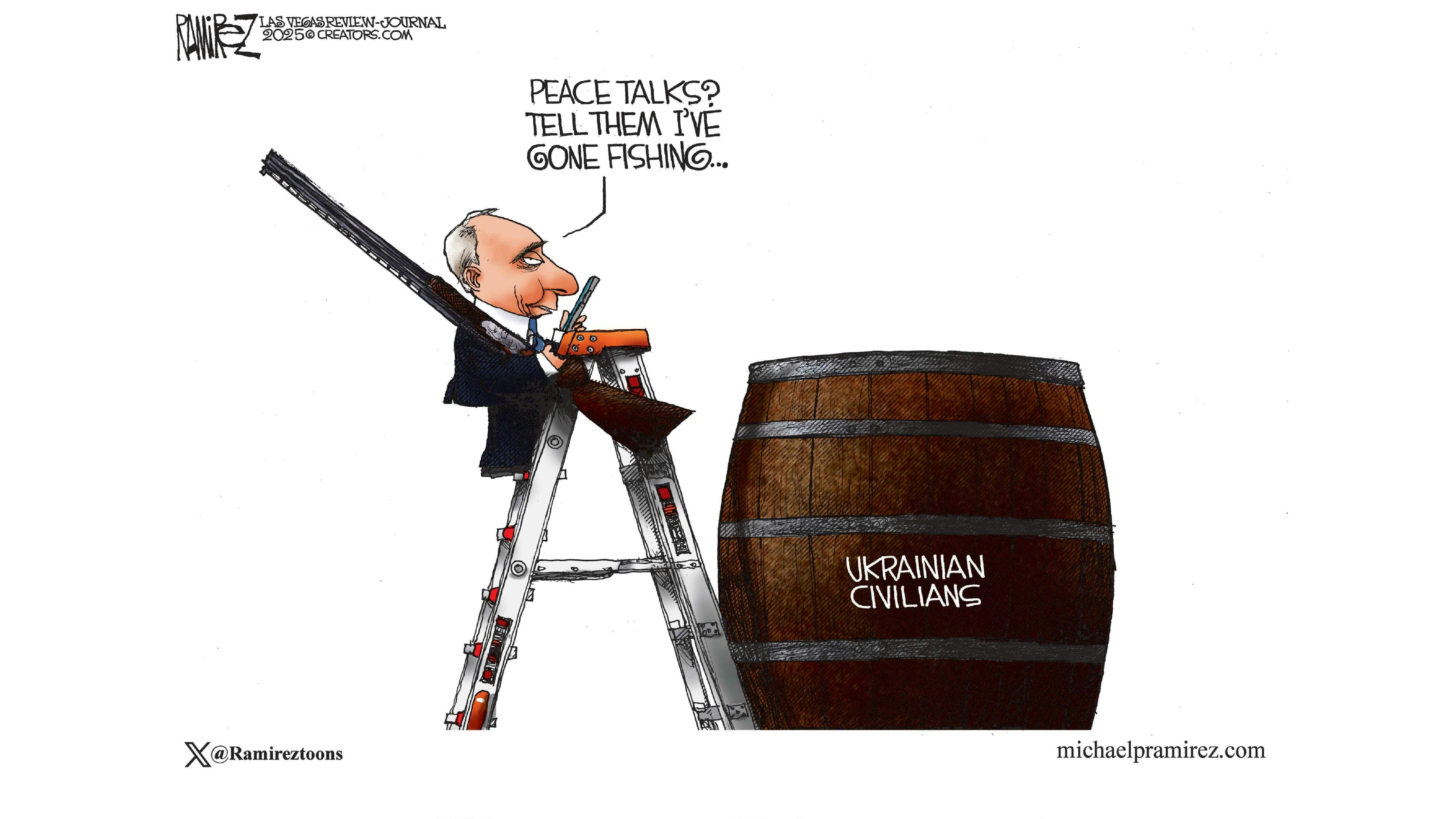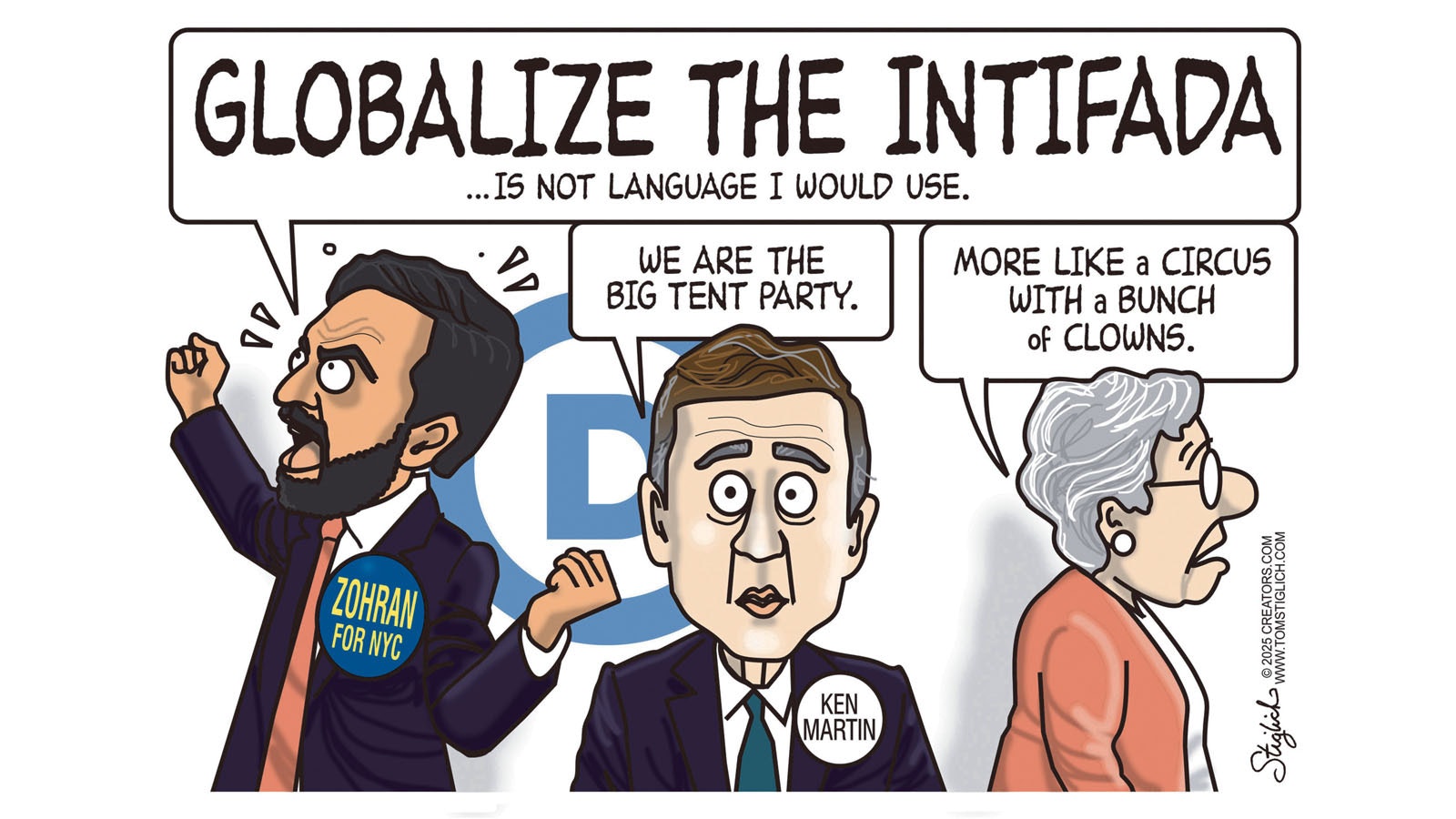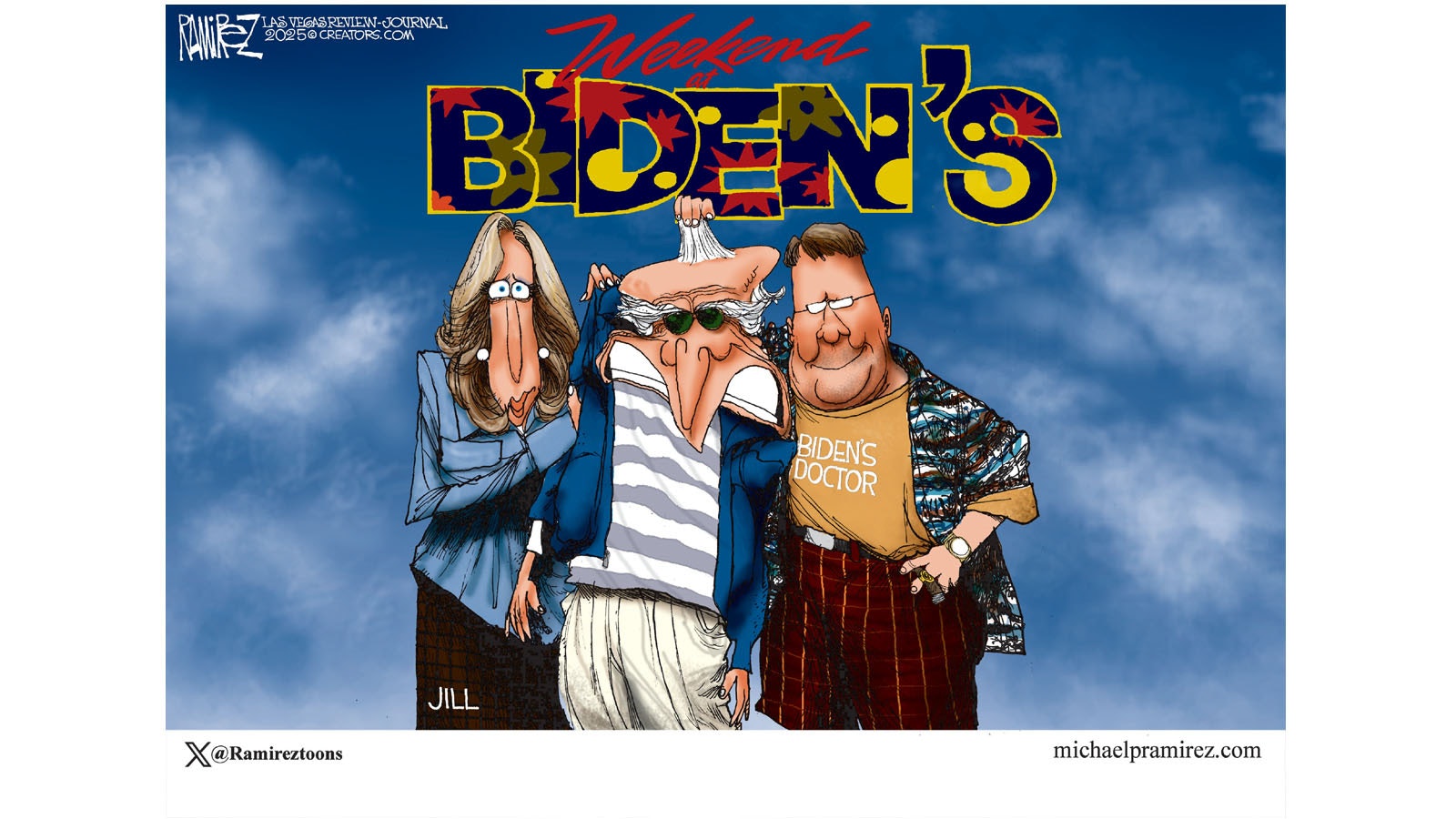
The federal deficit in February set a record.
It was $234 billion.
Up until 2008, annual deficits — those covering twelve months – rarely reached the level of the deficit the federal government just ran for the month of February.
The deficit for the first five months of this fiscal year is at $544 billion, and we are not even half way through the year.
Most of this deficit was driven by an increase in spending, which is up nine percent over last year’s spending at the same time. Last year, your federal government ran a deficit over $800 billion.
The left points to Republicans’ corporate tax cut and claims tax receipts are the cause of the deficit. But tax receipts have been strong, only less than one percent off last year’s income.
The deficit and the debt it is generating, now over $22 trillion, is unquestionably almost entirely the result of increased spending.
This spending is being energized by two factors.
First, last year’s budget agreement, which spiked discretionary spending by over $2 trillion over ten years by raising the caps on spending so President Trump could get his defense boost and House Democrats their domestic non-defense spending.
The second more primary force behind this radical growth in spending is health care costs, especially Medicare and Medicaid. Medicare costs are soaring because the number of retired people has doubled while Medicaid costs are exploding because of the ObamaCare expansion.
With all this new debt being generated, one would hope that the president and Congress might put forth budgets for next year and the coming years to bail out a ship that will soon sink from this massive inflow of red ink.
Unfortunately for two key participants in deciding our fiscal future there is no interest in addressing the issues and implications of a nation awash in debt.
President Trump is fond of calling most news reports that are negative about him or his administration “fake news.” It is a catchy phrase and one he should stick on the budget he recently sent to the Congress.
Trump offered a “fake” budget, without a scintilla of integrity, and filled with nothing. Of course, he probably did not read it and since it was barely reported on Fox News likely had no idea what was in it. But had he done so, Trump could easily have dismissed it as fake.
The Democrats on the other hand have a legal responsibility to produce a budget now that they control the House.
In fact, they have a much higher obligation in this regard than the president, as the budget is a uniquely Congressional event. If Congress agrees on a budget resolution, the president does not get to veto it or sign it. The budget is entirely within the purview of Congress and is its prerogative.
The Democratic Chairman of the House Budget Committee, though, has said he does not expect to be able to produce a budget, meaning House Democrats are abandoning their legislative responsibilities.
The Democratic House leadership is not even going to try to set out a plan to manage the approximately $4 trillion that the federal government will spend next year or the twenty to fifty trillion that will be spent over the next 5 to 10 years.
The reason House Democrats are not living up to their obligation to govern is simple. They do not want to disclose to the American people the incredible increase in spending that they and their party’s candidates are proposing as they shop for votes.
These proposals, including their nationalized medicine plan, their Green New Deal, and promises of free college to name a few, will add tens of trillions of dollars of new spending and dramatically increase the already massive federal deficits and debt.
House Democrats figure it is better to shirk their legislative responsibility and accept that downside, then to tell the American people what they are actually up to and what it will cost.
It is as cynical an approach to budgeting and managing the nation’s fiscal future as one can imagine.
Amidst the carnage around the budget and debt, there is one rational and honest voice: Mike Enzi, the Republican Chairman of the Senate Budget Committee.
Wyoming’s citizens have a tendency to send very thoughtful and substantive people to represent them in Congress. Its current delegation includes Enzi, fellow Sen. John Barrasso (R), and Rep. Liz Cheney (R), all exceptional legislators.
Maybe it is because Wyoming is a small state where a great many people rely on the land for their income that their members of Congress are so often “down to earth” people.
Mike Enzi certainly rises from this mold. He is a hard-working, no nonsense, substantive doer. He is the opposite of the flamboyant model that is so in vogue today.
For these reasons it is not surprising that in putting together the Republican Senate budget proposal he cut through all the gamesmanship and misdirection of the administration and House Democrats to submit a budget that manages the nation’s finances in a responsible and realistic manner.
The Enzi budget will reduce the deficit over five years by $538 billion. It does this without the numerical deceit at the heart of the president’s budget, and does not add, of course, the trillions of dollars of new spending House Democrats are calling for but will not admit to.
The Enzi budget also has a $94 billion reconciliation instruction.
This is important because reconciliation is the only viable process for adjusting health care spending, especially Medicare, in a way that costs less but delivers better care and services.
Since he leaves the reconciliation instructions open, they could also be a place for bipartisan action to tackle our grossly overcomplicated tax code and put in place entitlement reform.
The Enzi budget is honest, as one would expect from the senator, by not projecting that it will balance in the five or ten year window it forecasts, acknowledging that it is not politically or practically possible.
Rather under the Enzi budget the deficits drop to about 2.9 percent of GDP, which is a manageable number.
Mike Enzi wants to try and get bipartisan support for this budget. Bipartisanship, though, is not the first choice for most members of this Congress.
But Enzi has a low key, dogged approach to resolving issues. His budget, if it had been presented at a different time, would certainly warrant serious consideration across the capital.
Maybe he can be the one who reminds Congress that working together to take on big issues is not all that bad of a modus operandi.
Getting these deficits and the debt they are generating into a manageable state is certainly as big an issue as we have as a nation if we wish to pass onto our kids a viable economy and growing standard of living.
In any event, we can all take some solace that in these cloudy days of excessive partisanship and declining good governance there is a Mike Enzi still trudging around the Senate.
Good Luck, Mike… you give us hope!
Judd Gregg (R) is a former governor and three-term senator from New Hampshire who served as chairman and ranking member of the Senate Budget Committee, and as ranking member of the Senate Appropriations Foreign Operations subcommittee.





